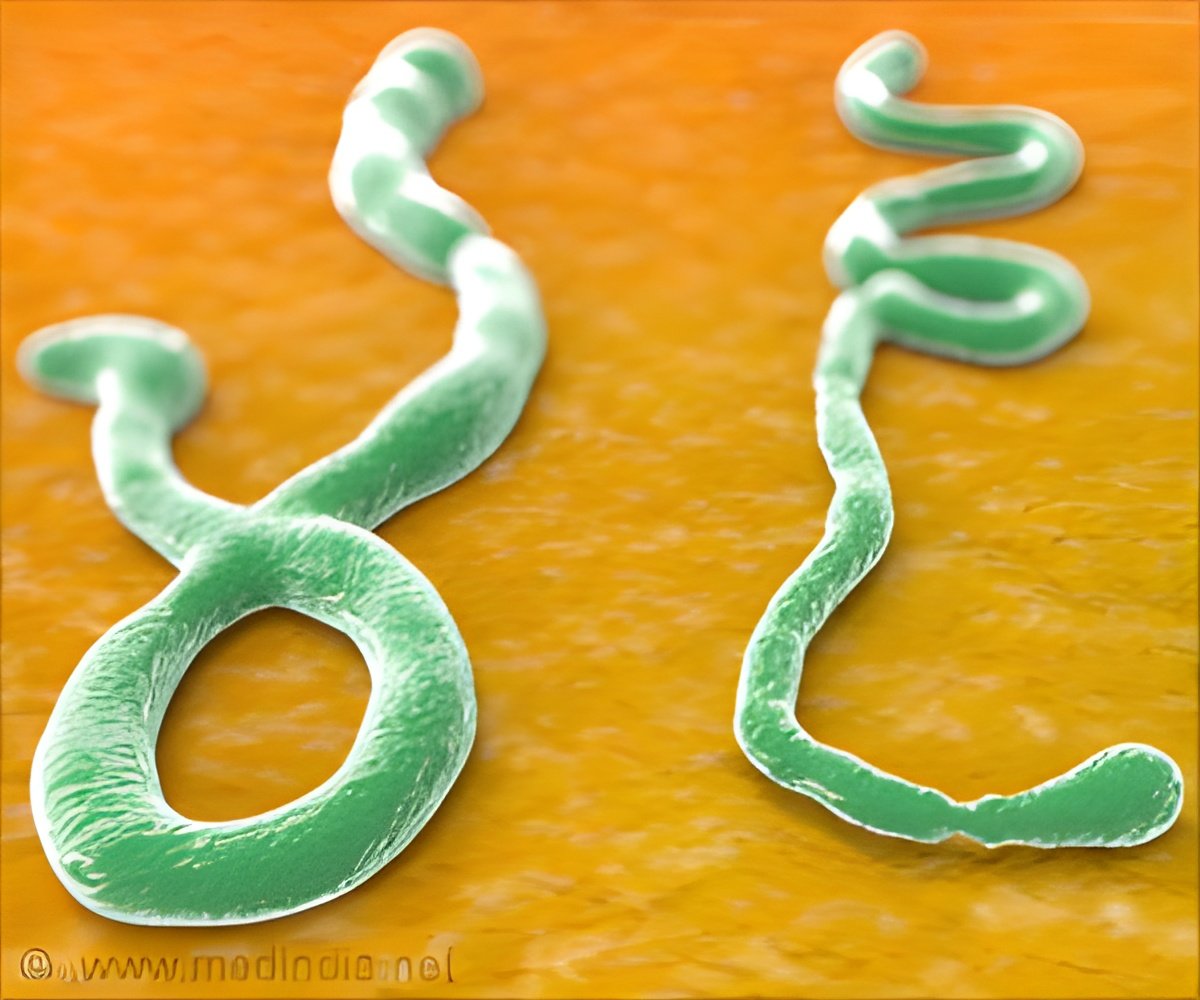Cuba's contribution of hundreds of doctors and nurses to fight Ebola is thawing relations with the United States.

A further 91 Cuban doctors and nurses are to begin work shortly in Liberia and Guinea, and Cuba has pledged to send more than 200 others.
The island's response to the epidemic, which has killed more than 4,500 people in west Africa, has won plaudits from humanitarian workers who say the international community's reaction has otherwise been lacking.
"The international response has been slow.... The virus is spreading faster than we're all setting up," said Sean Casey, director of the International Medical Corps' emergency response team in Liberia, where Cuban advance teams have been laying the groundwork for the new medical team's arrival.
"It's good that the Cubans are coming. We need more countries to step up," he told AFP.
Cuba's contribution has also won plaudits on the international stage -- even in the United States, where Cold War bitterness toward the island still lingers, more than 50 years after the Cuban Missile Crisis and the severing of diplomatic ties.
Advertisement
Kerry, whose country has pledged 4,000 troops to combat the disease -- by far the largest international contingent -- pleaded for greater mobilization against the epidemic.
Advertisement
A New York Times editorial Sunday praised the island's "impressive role," calling the Cuban doctors "an urgent reminder... that the benefits of moving swiftly to restore diplomatic relations with Cuba far outweigh the drawbacks."
And on Tuesday, the United States welcomed having the chance to cooperate with its old Cold War rival Cuba in the fight against Ebola, a State Department source told AFP in Washington.
"We welcome the opportunity to collaborate with Cuba to confront the Ebola outbreak. Cuba is making significant contributions by sending hundreds of health workers to Africa," the source told AFP.
"In that spirit, the US Department of State is communicating with all members of the international community, including Cuba, involved in this global effort through multilateral channels such as the World Health Organization, as well as diplomatic briefings," the source said.
These rare displays of warmth have been reciprocated on the Cuban side.
Fidel Castro, the retired father of the island's communist revolution, said Cuba "will gladly cooperate with American personnel" on Ebola, in an article published in state media Saturday.
His brother Raul, who succeeded him as president in 2006, echoed the sentiment at a regional Ebola summit Monday in Havana, the first of its kind in Latin America.
- Lab-coat army -
Cuba has long used medical diplomacy to fight US efforts to label it a pariah on the international stage.
The country prizes its universal health care system and, since 1960, has sent 135,000 health workers overseas for emergency response or to work in underserved communities.
Cuba currently has some 50,000 doctors and nurses working in 66 countries across Latin America, Africa and Asia, according to the health ministry.
The doctors have also become a key source of billions of dollars a year in revenue for the Americas' only communist regime, since 2004, when Havana began charging host governments for their services.
The Ebola crisis has underlined Cuba's outsized role in humanitarian response.
Most donor countries have responded to the Ebola outbreak with cash and supplies but have been reluctant to send in personnel, leaving the work on the ground to the World Health Organization and humanitarian groups such as Doctors Without Borders.
Diane Griffin, a virologist at Johns Hopkins University in Maryland, said more qualified staff were needed.
"You just need more people on the ground to control this," she told AFP.
"We need more people to man isolation facilities and monitor people. And also just educate people and inform them.
"We need lots of people for lots of different jobs and the health infrastructure in these countries is very weak.... Plus there have been a high number of fatalities among local health workers."
Andy Gleadle, a humanitarian worker at International Medical Corps who has just returned from Sierra Leone, praised the Cubans' work there and said it was unfortunate more English-speaking countries had not sent doctors.
"In an ideal world we want English-speaking health workers," he said, for the delicate tasks of treating frightened patients through the barrier of full-body protective suits and explaining to villagers why they have to suspend their tradition of laying hands on the dead.
But, he added, "right now it's all hands on deck. Issues like nationality and language are almost reaching a secondary level of importance. It's getting enough health workers in to be able to curtail the virus."
Source-AFP










